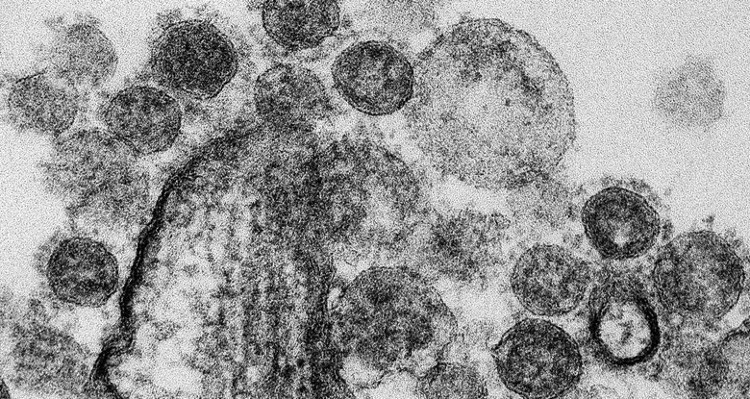The US removed the ban on fundraising for research on
The US Federal Government has just removed the order to stop activities to raise funds for research to create more powerful and dangerous viruses.
Three years ago, the United States imposed the ban on fears that pathogens could become more dangerous through the laboratory, especially after the spread of anthrax - a bird flu strain, can be fatal, but the error belongs to employees at the Centers for Disease Control and Prevention (CDC).

The study of mutations on pathogens is highly controversial.(Photo: Fl).
Francis S.Collins - Director of the National Institutes of Health (NIH) - announced the decision to remove the ban on December 19. He believes studies of gain of function research (GOF) on strains of influenza viruses such as MERS and SARS can help people 'discover, learn and have effective coping strategies. types of pathogens - can grow very quickly and threaten the community '.
However, the scientific community does not fully support this decision. Some researchers are concerned that the removal of the ban will increase the risk of mutating pathogens that may be beyond the scope of laboratory control, community threat, or being used for items. wrong destination.
In order to reduce risk, NIH has issued a set of standard frameworks, regulating the receipt of funds for research activities on pathogens, which must be accompanied by strict provisions such as the assessment report. study, analyze the potential benefits of proposals, as well as the ability to create, convert and use pathogenic pathogens.
In order to obtain funding, researchers must demonstrate the ability of pathogens to grow in safe conditions, along with contingency plans to respond to accidents while doing experiments, or errors to develop. birth and security loopholes.
Talking to the New York Times, Collins said he and his colleagues believe this policy is still somewhat strict and not really convincing. Critics, meanwhile, argue that no matter how strict the regulation is, the human error - the weakest link of the process - cannot be changed, which is even more dangerous. new pathogens.
Other supportive opinions believe that such studies often yield more benefits than risks, especially when we are also unable to completely avoid the risk of bacteria in natural conditions as well. cause outbreaks, whether they are studied from the lab or not.
- Men and women do different charity
- Save the sea animals in white paradise
- The Vietnam Embassy website in Japan has been removed from the Internet
- 7 human organs can be removed and still survive
- The mystery of embalming the heads of state
- With this alarm clock, you will always be ready to wake up tirelessly
- Eliminate false thoughts about wisdom tooth extraction
- Find a way to kill cancer cells in liquid metal
- Polar Pen is used for many purposes
- Blincam - A small camera attached to the glass, taking pictures by a blink
- Here are 6 common trick tricks that we can easily get
- Can turn old clothes into construction materials with special features
 Green tea cleans teeth better than mouthwash?
Green tea cleans teeth better than mouthwash? Death kiss: This is why you should not let anyone kiss your baby's lips
Death kiss: This is why you should not let anyone kiss your baby's lips What is salmonellosis?
What is salmonellosis? Caution should be exercised when using aloe vera through eating and drinking
Caution should be exercised when using aloe vera through eating and drinking